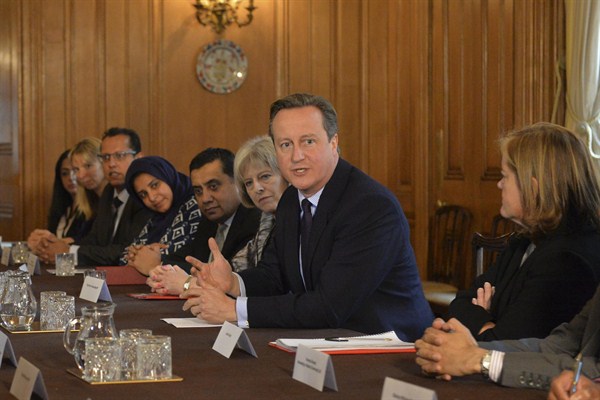Last month, the U.K. announced new measures designed to prevent the radicalization of Muslim youth in Britain, a move that has taken on new meaning in the wake of Friday’s attacks in Paris. In an email interview, Christopher Baker-Beall, a senior lecturer in international relations at Nottingham Trent University and co-editor of “Counter-Radicalisation: Critical Perspectives,” discussed the U.K.’s counterterrorism and counter-extremism policies.
WPR: How has the U.K.’s counterterrorism policy evolved since it was first introduced, and what explains the new emphasis on counter-radicalization to this policy?
Christopher Baker-Beall: Since the terrorist attacks in London in July 2005, the U.K. government has released three versions of its counterterrorism strategy, CONTEST, the most recent in July 2011. The U.K. counterterrorism strategy is made up of four pillars—Pursue, Prevent, Protect and Prepare—each comprising a series of key objectives. The recent emphasis on counter-radicalization is not really that new. The U.K. government has released two counter-radicalization strategies under the Prevent pillar of CONTEST. Alongside the Prevent initiative, the U.K. government released a new Counter-Extremism Strategy in October.

